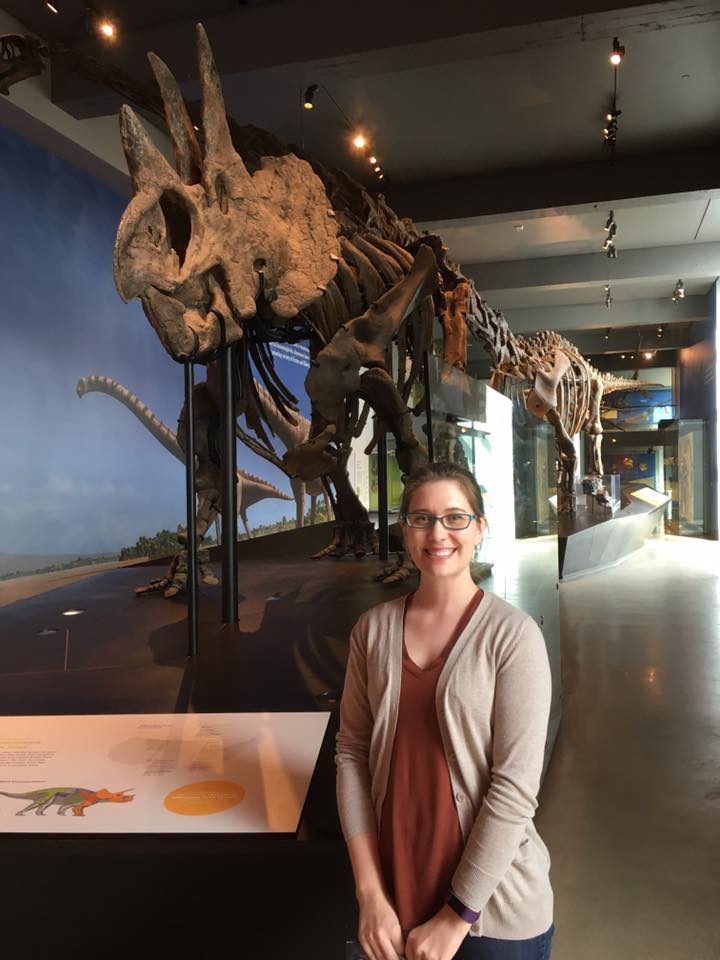We’re excited to share a series of updates on the development of our forthcoming book, Scholarly Communication Librarianship and Open Culture: Law, Economics, and Publishing (ACRL). More specifically, on the third and final unit, “Voices from the Field,” which consists of short practical pieces by practitioners engaged in scholcomm and related work, intended to provoke reflection and discussion. “Voices” is further divided into Perspectives, Intersections, and Case Studies. This is an update on the Perspectives contributions. Similar posts for Intersections and Case Studies will follow in the coming weeks.
When we issued the CFP late last fall (Nov.), we really had no idea what the response might be. We ended up with more great ideas than we had room for, which was both wonderful and heartbreaking. In the end, we did our best to balance various considerations and selected 26 proposals to move forward. Honestly, all of the proposals were great and deserve development. Now that we’re seeing all those selected wrapping up towards final drafts, we couldn’t be happier with them! It’s so exciting to see all these excellent ideas come together, and to be able to provide a platform for them!
Perspectives is the largest of the three “Voices” subsections at 11 pieces. From the CFP:
Perspectives are intended to offer situated and self-reflexive discussions of topics of importance in scholarly communication and the ways in which libraries or librarians respond to those topics. Scholarly communications work inevitably leads to engagement with issues upon which opinions vary, as do the courses of action that address those issues. Personal and professional experience, as well as institutional context, and personal and community identity inform and shape the opinions and approaches of scholarly communication professionals.
Examples of Perspectives might include reflections from a solo scholarly communication librarian asked to spin up a new program, a community college librarian working to support open access with faculty that do not prioritize publishing in scientific journals, or a scholar working on politically contested topics balancing a commitment to openness with safeguarding themselves from hostile alt-right trolls and doxxing.
Concepts that loom large across these pieces include vocational awe, adaptability, collaboration, learning from experience (including so-called “failures”), and self-care.
- Jennifer Patiño from UW-Madison looks to community archives as a model for considering inclusivity in the OA movement.
- Jennie Rose Halperin from Harvard critically examines the imperative for openness in the humanities.
- Elisabeth Shook from Boise State interrogates duality in scholcomm work.
- Ian Harmon from WVU asks if vocational awe and service-oriented neutrality bring bullshit work into scholcomm librarianship.
- Julia Rodriguez at Oakland State considers outreach and collaboration in the establishment and growth of a program.
- A.J. Boston at Murray State examines the costs and benefits of “other duties as assigned.”
- Brian Quinn and Innocent Awasom from Texas Tech discuss doing scholcomm work outside of a dedicated scholcomm position.
- Teresa Schultz and Elena Azadbakht from University of Nevada Reno remind us that openness alone isn’t magically accessible and that we have a responsibility to consider and implement accessible practices.
- Emily Kilcer from SUNY Albany, Julia Lovett of University of Rhode Island, and Mark Clemente from Case Western reflect on their transitions from first jobs to new positions.
- Dick Kawooya from the School of Information Science at University of South Carolina discusses the importance of teaching scholcomm topics to LIS students interested in academic librarianship.
- Carla Myers from Miami University looks to “failure” as an opportunity for assessment and improvement.
As we hope you’ll agree, this is an excellent collection of work by esteemed peers, who are sharing insights practical, theoretical, challenging, caring, and provocative. We’re thrilled they’ve been so generous with their time and knowledge and have stuck with us through the challenges of the last few months. We’re proud to be in a position to promote their excellence, and look forward to seeing these ideas discussed in LIS programs and beyond.
Look for similar posts for the Intersections and Case Studies soon.
High Five,
Josh, on behalf of Maria and Will

